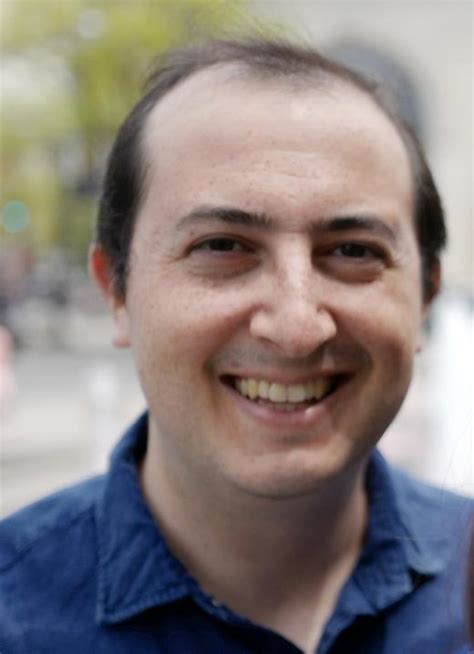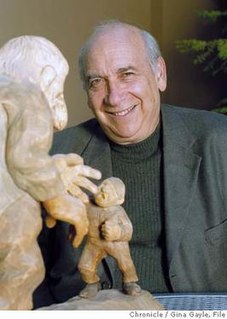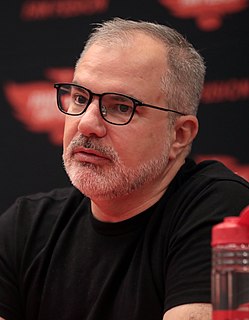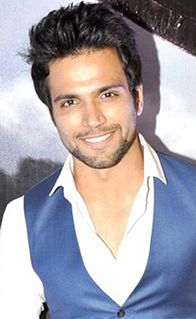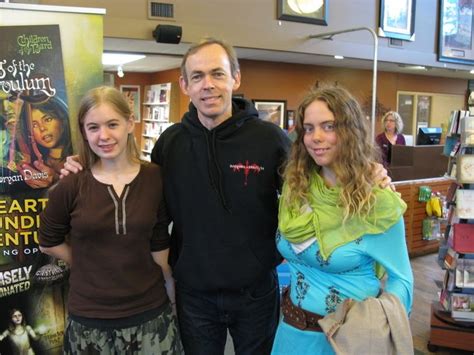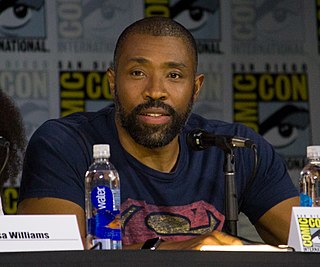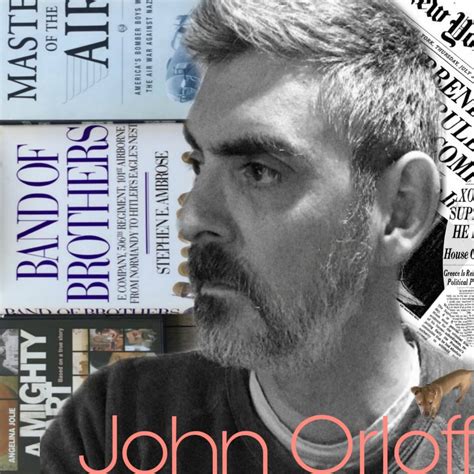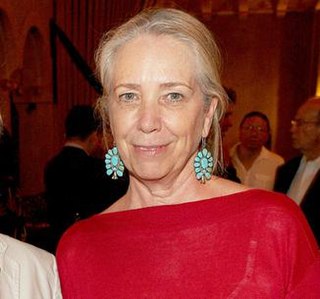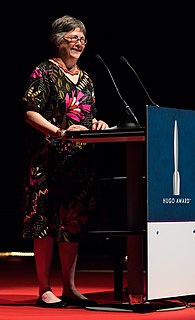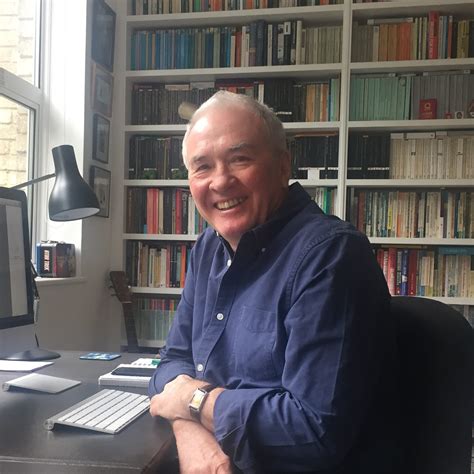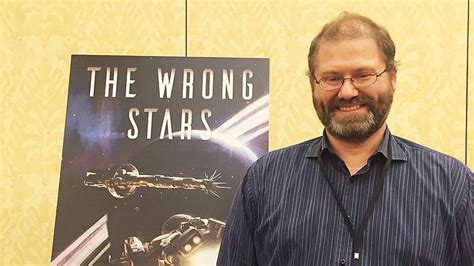Top 1200 Fantasy Novels Quotes & Sayings - Page 4
Explore popular Fantasy Novels quotes.
Last updated on November 22, 2024.
And this Atlantean Destroyer is now leading the Daimons and sending them out to battle against Acheron, who is just using us and the humans as cannon fodder to protect himself? Really, Kyros, put down the crack pipe...or go write children’s fantasy novels. I’ll bet you even know exactly who conspired to kill Kennedy, huh? I’m sure the money from D.B. Cooper is what financed your stunning collection of furniture. (Danger)
'Filk' is the folk music of the science fiction and fantasy community - you get parodies, you get traditional music that's had the words slightly modified, and you'll also get just original works that have been written about science fiction and fantasy works, or with science fiction and fantasy themes.
I've been thinking a lot about why it was so important to me to do The Idiot as a novel, and not a memoir. One reason is the great love of novels that I keep droning on about. I've always loved reading novels. I've wanted to write novels since I was little. I started my first novel when I was seven.I don't have the same connection to memoir or nonfiction or essays. Writing nonfiction makes me feel a little bit as if I'm producing a product I don't consume - it's a really alienating feeling.
It is in the capacity to love, that is to SEE, that the liberation of the soul from fantasy consists. The freedom which is a proper human goal is the freedom from fantasy, that is the realism of compassion. What I have called fantasy, the proliferation of blinding self-centered aims and images, is itself a powerful system of energy, and most of what is often called 'will' or 'willing' belongs to this system. What counteracts the system is attention to reality inspired by, consisting of, love.
Fantasy stories open our eyes to an unseen world and train our minds to see beyond the visible. In the New Testament context, this is where our real battles are fought. Good fantasy will reveal the hidden powers of evil that threaten the hero's life and upset his journey. Good fantasy focuses on how a hero finds victory when he learns that he can't win by himself, so he submits to the higher power in faith and obedience.
A mother should have some fantasy about her child's future. It will increase her interest in the child, for one thing. To turn the fantasy into a program to make the child fly an airplane across the country, for example, isn't the point. That's the fulfillment of the parent's own dreams. That's different. Having a fantasy - which the child will either seek to fulfill or rebel against furiously - at least gives a child some expectation to meet or reject.
Growing up, I didn't really read a lot of comics; we didn't really have the money to get them. But I grew up a universal fan of fantasy and sci-fi and watching a lot of TV. There's always this question of 'Are you a fan of sci-fi or fantasy?' But can't you be a fan of both? We love everything fantasy, my wife and I.
Fantasy is a product of thought, Imagination of sensibility. If the thinking, discursive mind turns to speculation, the result isFantasy; if, however, the sensitive, intuitive mind turns to speculation, the result is Imagination. Fantasy may be visionary, but it is cold and logical. Imagination is sensuous and instinctive. Both have form, but the form of Fantasy is analogous to Exposition, that of Imagination to Narrative.











